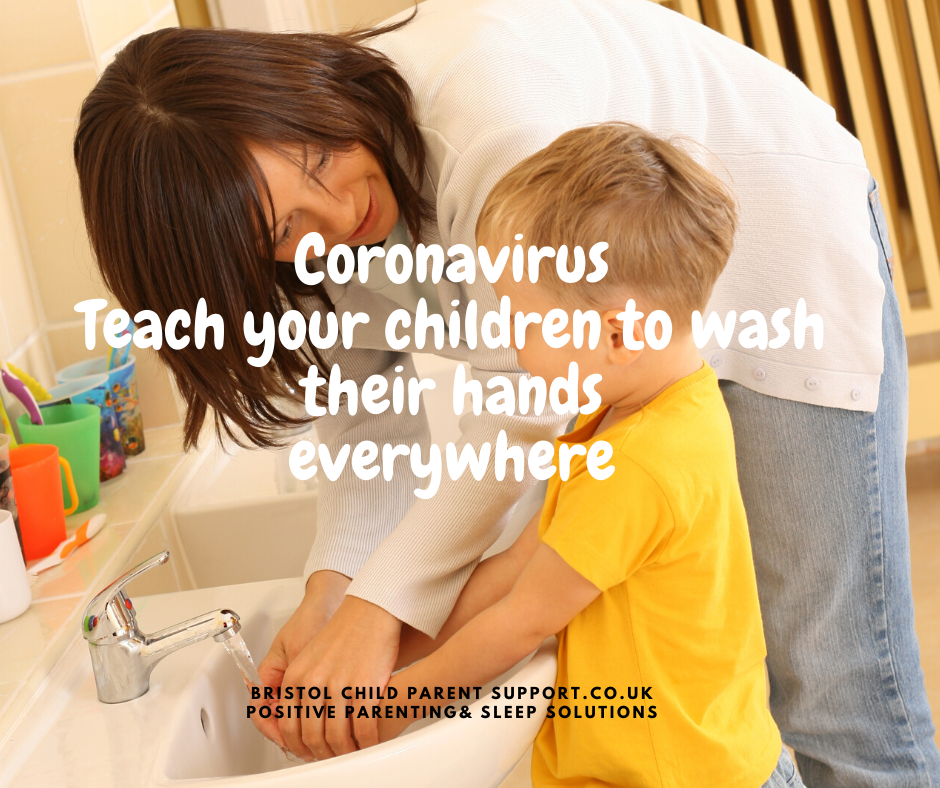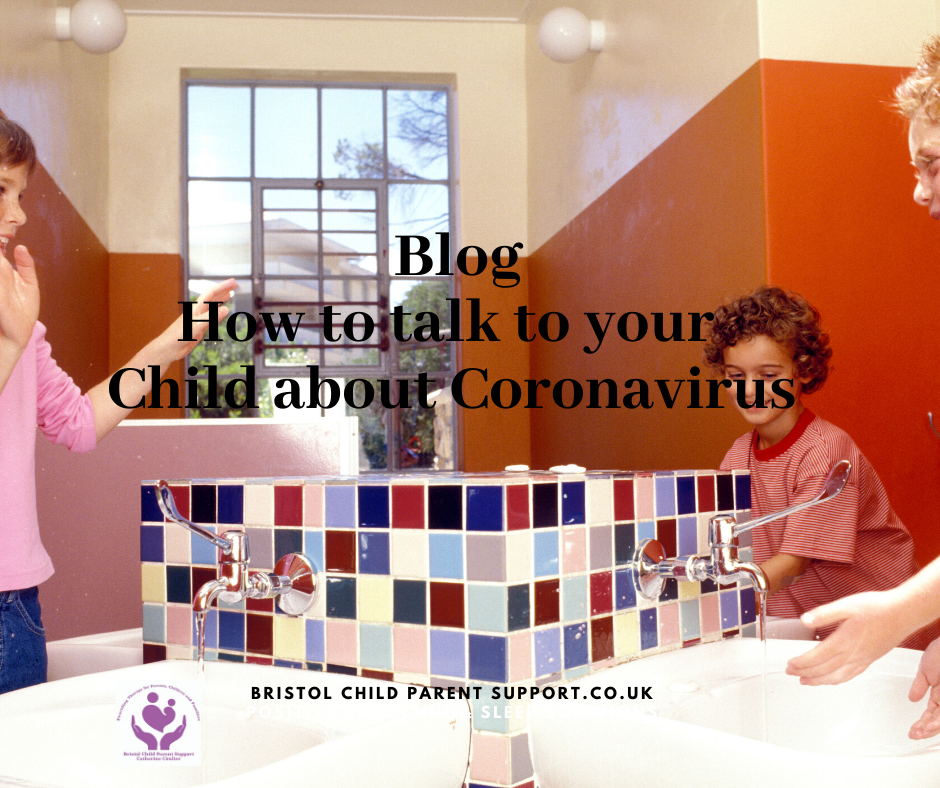I imagine your child has returned from school and is talking about Coronavirus. The media is full of it and I imagine you are worried and concerned too. It’s hard to find the balance in situations such as these. Here are some ideas on how to respond to questions. (Please note my disclaimer, this blog is for information purposes only, seek immediate medical help if you are concerned about the health of you or your child).
Provide Just enough information on Coronavirus
In the context of fear, it’s very difficult to respond to questions well enough without escalating further anxiety. Just be mindful to be developmentally appropriate. Children naturally have big imaginations so think about what they really need to know. The NHS has some helpful and simple guidelines. More importantly, listen, acknowledge their fears and tell them that they are safe. Here are some common questions they may ask:
What is it?
The coronavirus is a kind of germ that can make people feel sick. Remember how the flu made you ( family or friends) It can be a lot like getting the flu. Some people feel just a little bit sick. Some people get a fever and a cough. Sometimes, the cough can make it hard to breathe easily and it will pass.
How does it spread?
It’s a bit like flu and the NHS says:
Because it’s a new illness, we do not know exactly how coronavirus spreads but similar germs are spread in cough droplets.
Will I die from it?
No, most people have not died from it just like flu. The doctors are working very hard to help everyone who might be sick. You are safe and we need to ensure that “worry boss“, “worry wobbler” doesn’t stop you from doing all that you need to do. We don’t want to let it win so we need to carry on. Remind them that you are doing everything to keep them safe. Talk to them about staying healthy and following NHS guidelines below.

Simple Steps to being healthy
Ensure they have tissues, so they can:
- Sneeze or cough into tissues (and throw them away) or sneeze or cough into your elbow. This helps keep germs from traveling and making other people sick.

Make washing hands for over 20 seconds fun by singing a song ( This helps children when they know they have to do something for a long time)
- Wash your hands with soap and water ( over 20 seconds) at the same time you usually do, like after going to the bathroom, before eating, and after blowing your nose.
- Try to keep your hands out of your mouth, eyes, and nose.
Limit Exposure to Media
There is so much regarding this, so limit their exposure to news channels especially prior to bedtime. I know many children spend a lot of time on YouTube. As a result, make time to talk to them about limiting this and why. Exercise controls if you need too.
Manage your fears
At times such as these, it’s hard to remain calm. Children look to us to contain their fears. it ‘s not surprising that something like this might trigger old fears of not being safe. There is some research, anxious parents are more likely to have anxious teenagers. Ensure you talk to a trusted friend or professional who can help you to think about the “root” of the issue.
My child keeps talking about it.
It’s natural for children to ask questions, however, if your child needs constant reassurance or starts to show other symptoms such as headaches and tummy aches and excessive handwashing, then they may be suffering from anxiety. Adults can help children to learn that healthy anxiety has a purpose. It alerts us to threats and helps us to approach something safely. Everyone is going to feel some anxiety right now, so encourage your children and teens to utilize the feelings into useful action and following the health guidelines. If they are anxious, more below
Therefore, I have written a blog on how to talk to your child about anxiety, click on the link below https://bristolchildparentsupport.co.uk/talking-to-your-child-about-anxiety/ or they may need further support.
References:
Rapee, R.M. Early Adolescents’ Perceptions of Their Mother’s Anxious Parenting as a Predictor of Anxiety Symptoms 12 Months Later. J Abnorm Child Psychol37, 1103–1112 (2009). https://doi.org/10.1007/s10802-009-9340-2
NHS (https://www.nhs.uk/conditions/coronavirus-covid-19/) and https://111.nhs.uk/covid-19 if you need further information.
Thank you for taking the time to read this and thank you for your commitment to the wellbeing of your child and your family. Remember: parenting is hard work and you all deserve support. At times such as these, we need to remain open. Please share the gratitude and love by sharing and liking my Facebook Page and do contact me if you feel you need further support. With Love from the bottom of my heart and hope you and your family remain well. Catherine



